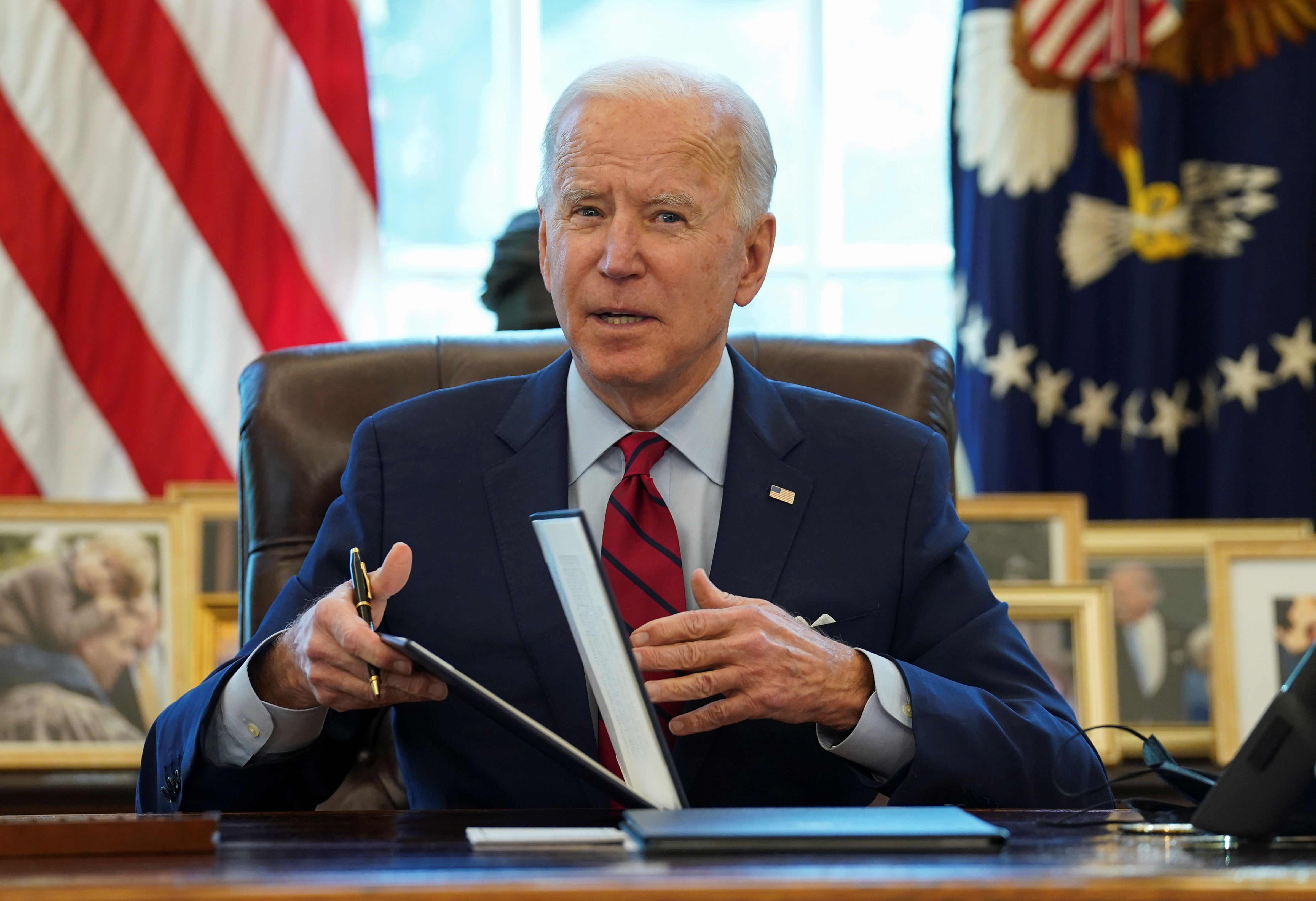Hungarian Policy Increasingly Linked to China
Although most Central European countries’ relations with China have deteriorated in recent years and joint initiatives have weakened, Hungary still regards China as a desirable political and economic partner. Prime Minister Viktor Orbán’s presence at the Belt and Road Initiative (BRI) forum in Beijing on 18 October, which he attended as the only leader from the EU, further strengthened these relations. Such gestures and new high-value Chinese investments in Hungary mean that the two states will continue to oppose reducing the EU’s economic dependence on China.
 POOL / Reuters / Forum
POOL / Reuters / Forum
The Ideological Basis of Orbán’s Approach to China
The prime minister’s personal beliefs about international affairs guide Hungary’s foreign policy. Since taking power in 2010, he invariably believes China is catching up with the U.S. economically and technologically while becoming more dominant in international politics. Orbán refers to this change with great appreciation, pointing to what he sees as the economic and political degradation of the West, both in Europe and the U.S. From this comes his conviction that Hungary must seek a balance between relations with its allies and relations with China to reap the greatest possible economic benefits from cooperating with them. These gains take precedence for the Hungarian government over security considerations and bilateral relations with the U.S. For this reason, Hungary favours even closer EU cooperation with China and regards a potential reduction as unequivocally detrimental to the Union’s economic competitiveness.
Following the Russian full-scale invasion of Ukraine in 2022 and China’s strengthening of strategic cooperation with Russia, these views have not changed. Orbán has laid them out in detail, most recently in July this year at the annual meeting of Hungarian youth in Băile Tușnad, Romania. He presented a pristine picture of China liberating hundreds of millions of people from poverty through its successful socio-economic model. He did not refer to China as an increasingly authoritarian state ruled by the Chinese Communist Party. He did not point out the risks and dangers of cooperating with this state. He spoke uncritically about China’s economic potential, ignoring the problems it has been experiencing. At the same time, he held the U.S. responsible for the tensions that, according to him, threaten to erupt into a war between them.
Political Relations
Hungary maintains good relations with China through political gestures. The government pays special attention to these bilateral relations, which have intensified recently. During his three-day visit to Beijing in October, Orbán met with President Xi Jinping and Premier Li Qiang (on this occasion he also held bilateral talks with Vladimir Putin, making Orbán the first EU leader to do so since the International Criminal Court issued an arrest warrant for the Russian leader). In February this year, Orbán received in Budapest the highest-ranking Chinese diplomat, Wang Yi (who also paid visits to France, Italy, Germany, and Russia during his time in Europe), before his talks with Foreign Minister Péter Szijjártó. Consultations between Szijjártó and Wang Yi have been regular since 2020, and in 2021 the head of the Hungarian Foreign Ministry presented the Chinese diplomat with a high state decoration. Szijjártó has already visited China three times this year alone. All these high-level talks, in addition to economic cooperation, included political issues. Hungary has stated that it appreciates the “Chinese efforts for peace” in Ukraine and assured its support for maintaining „mutually beneficial” EU-China relations, which “represent an opportunity, not a threat”.
Hungary has become one of the main defenders of Chinese interests in the EU. According to an analysis by the European Parliament, the country opposed or delayed EU foreign affairs decisions most frequently of all the Member States between 2016 and 2022. It was responsible for 60% of all such cases (18), most of which (6) involved China, including positions on territorial disputes in the South China Sea, human rights, and Hong Kong.
Some of the gestures towards China also affect Hungarian domestic affairs. Relations with China have become one of the elements of the dispute between the authorities and the opposition. Although plans to build a campus in Budapest of China’s Fudan University were frozen after protests by opposition authorities and residents of the capital in 2021, the government may resume the project in the event of a victory for the ruling Fidesz in the local elections in June 2024. The investment was to cost the Hungarian budget around $1.8 billion, with 80% of this amount to be covered by a Chinese loan.
Economic Relations
Since 2010, Hungary has been vying for a role as the most important member of the Central and Eastern European “16+1” cooperation format with China. Despite multifaceted efforts to strengthen economic cooperation, China’s importance to the Hungarian economy was low for the next decade. The cumulative value of Chinese foreign direct investment (FDI) was around €3.5 billion, most of which dated from before 2010 (for comparison, German FDI was more than €25 billion and U.S. FDI more than €5 billion). At the same time, about 80% of Hungary’s trade took place (and still takes place) within the EU. Although imports from China have been gradually increasing (in 2022, they amounted to 7% of Hungary’s total imports), the value of Hungarian exports has changed little and still accounts for less than 2% of total exports.
This changed after 2022 with an influx of new Chinese FDI, mainly to the electromobility sector. The world’s largest electric car battery manufacturer, CATL, is making a €7.3 billion investment—the largest ever in Hungary—in the northeastern city of Debrecen. This brings Hungary’s share of Chinese capital invested in Europe in 2022 to 20% (from 1% in 2017-2021). More Chinese companies have announced new projects in Hungary in this sector (Eve Power, Huayou Cobalt, Sunwoda). With them, and the already operational South Korean factories of Samsung and SK Innovation, Hungary could become the world’s fourth-largest producer of lithium-ion batteries in 2027.
The source of this success may be that Hungary is also home to three major German car manufacturers (Audi, Mercedes, and BMW), for which Chinese companies are suppliers. The bureaucratic assistance of the authorities in preparing investments and direct state subsidies, which normally amount to around 10% of FDI, may also be of great importance to investors. The Chinese may also be attracted by Sino-Hungarian schools established due to their large diaspora in Hungary and/or the presence of Chinese banks.
The Chinese projects are, however, beset with problems, for example, with the financing of the flagship project of the “16+1” cooperation, the modernisation of the Budapest-Belgrade railway line, which has been dragging on for almost a decade. The new investments are also provoking resistance from part of Hungarian society, which fears their negative environmental effects (this might also be why the percentage of Hungarians who have negative attitudes towards China has risen by 15 percentage points in two years, to 52% in 2022). In addition, some economists point out that these investments will exacerbate the structural problems of the Hungarian economy—they will only serve the owners’ manufacturing purposes without transferring innovative technologies to domestic companies, which also won’t be suppliers of these factories.
Conclusions and Perspectives
Hungarian policy regarding relations with China is at odds with NATO and EU interests. The Hungarian government does not feel obliged to consider the perspective contained in, among others, the Alliance’s strategy, as well as the Union’s position that China is not only a partner, but an economic competitor and a “systemic rival”. This means that it sees its interests elsewhere—exclusively in economic benefits, both concerning Western structures and other directions of cooperation.
Hungary also looks at relations with China from the perspective of potential material gains. Therefore, in order to attract further investment, the country will be prepared to incur further costs, both political (blocking EU initiatives that hit Chinese interests) and financial (for example the Fudan campus). Hungary will use the instruments available to an EU member to counter the political effects of the growing scepticism within the Union towards cooperation with China.
At the same time, Hungary does not aspire to a representative role in Central European relations with China, giving absolute priority to its own economic interests. Due to Hungary’s divergent stance on many other issues, including relations with Russia, Ukraine, or the U.S., the intensification of Hungarian-Chinese cooperation will also not affect Hungary’s relations in Central Europe.
In recent years, battery production has become one of the key sectors of the Hungarian economy. In 2022, the majority (64%) of FDI flowed into this manufacturing industry, of which German automotive companies are an integral part (thus deepening the rivalry between Hungary and Poland for investment in the electromobility sector). Unilaterally developing the Hungarian industry in this direction is risky, however, as it implies a difficult-to-reverse, long-term dependence of the country’s economic success on the success of one industry, German corporations and China. Furthermore, the low added-value of this kind of manufacturing will not enable long-term economic development of the country.





(1).jpg)